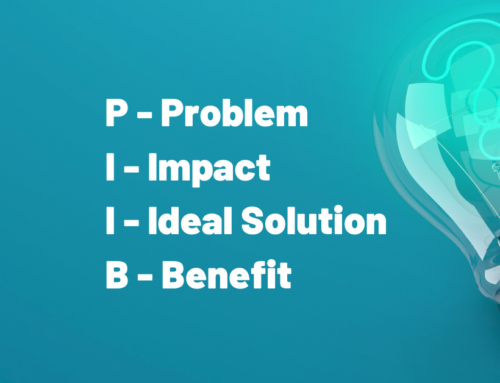Integration is Driving the Need for New Systems
There are a few contributing factors that have led to changes in how people look at and buy new business software. Some of the consideration comes from end users becoming more knowledgeable about business software, and some has to do with the business climate changing over time, but regardless, there is an increased emphasis on opting for software that lends itself well to integrated business systems. Learn more about the history of how the demand for increasingly integrated software has grown over time.
The History of Integrated System Demand
1980s – 1990s: PCs are first used to automate processes
Personal computer-based accounting software has been available almost since the first PCs were introduced in the early 1980s. In the late 1980s and ‘90s, businesses invested in new software mainly to automate processes that were previously manual (think accounting applications like keeping a general ledger, accounts payable, accounts receivable, and payroll). Because small- and medium-sized businesses didn’t have a lot of automation to begin with, it took several years for companies to move from manual to automated, computer-based systems.
Y2K: Current systems are brought to higher standards
However, 1999 changed a lot for software businesses. Many people feared the “Y2K Problem,” that computers around the world would fail when their dates changed from 1999 to 2000. In response to this fear, many businesses upgraded their systems to make them as current as possible.
We know now that the Y2K fear was really a dud, but afterwards, many businesses looked at what else they could do with their systems. They focused more on distribution and manufacturing, and less on back-office accounting. Inventory control, order entry, purchasing, and manufacturing became key issues to focus on when selecting a new, more integrated business system.
Early 2000s and beyond: Software is used to satisfy system demands
As new business needs and customer demands have surfaced over time, companies have traditionally searched or software to resolve them. Accounting software, Excel spreadsheet, CRM, and databases were purchased and created to meet these needs.
In the early 2000s, large companies were getting lean by requiring suppliers to accept purchase orders and send shipping notices and invoices electronically instead of by paper. Electronic Data Interchange (EDI) grew as a result.
When the recession hit in 2008/2009, many businesses were forced to get lean with personnel and increase their use of technology to do more with less people. We can still see the effects of these initiatives in businesses today.
Customer Relationship Management (CRM) tools have become a hot topic over the past few years, as companies seek to better understand the complete relationship with the customer or prospect all along the sales pipeline, starting with lead generation and qualification, moving to quoting and order entry, all the way to customer service and profitability.
Today: The hunt is on for integrated business systems
As businesses grow, managing multiple systems becomes more time-consuming and inefficient. When Chortek assists clients with system selection, we find that most of the businesses are looking at taking their independent and non-integrated systems and replacing them with one system that can handle all aspects of the business. They want a tool that can handle prospects, quoting, order entry and production, inventory management and purchasing, and back-end accounting and financial reporting.
Business needs have changed over time. So has the power and flexibility of integrated software to meet increasing demands. Technology has become more important than ever in its role of efficiently meeting customer needs and providing increased profitability to ensure the future success of the company. Today, we are relying more on process and technology and less on people.
Want to know how Chortek can help you solve your greatest system integration challenges? Contact us today or email Steve Krueger, our Business Technology Consulting (BTC) Principal, to learn more about our services.




